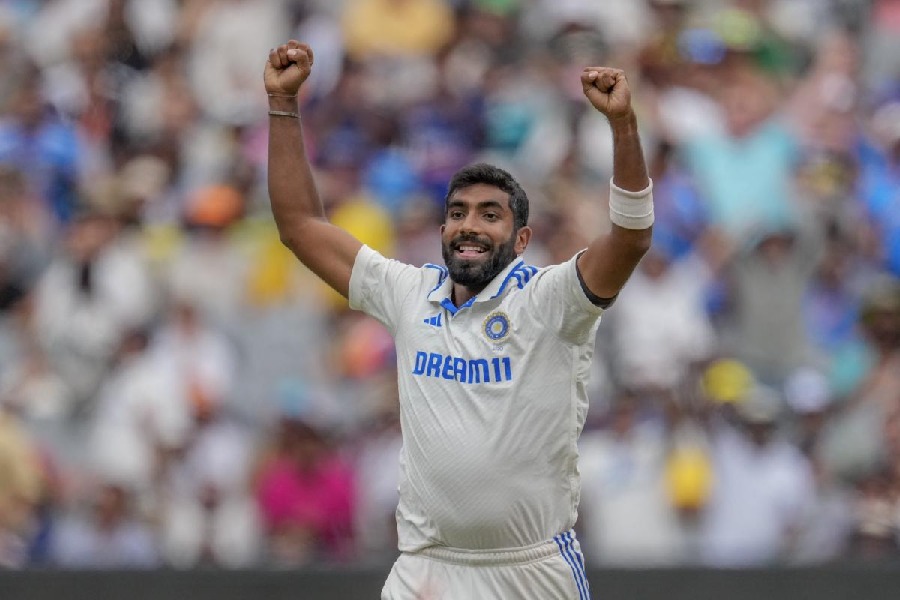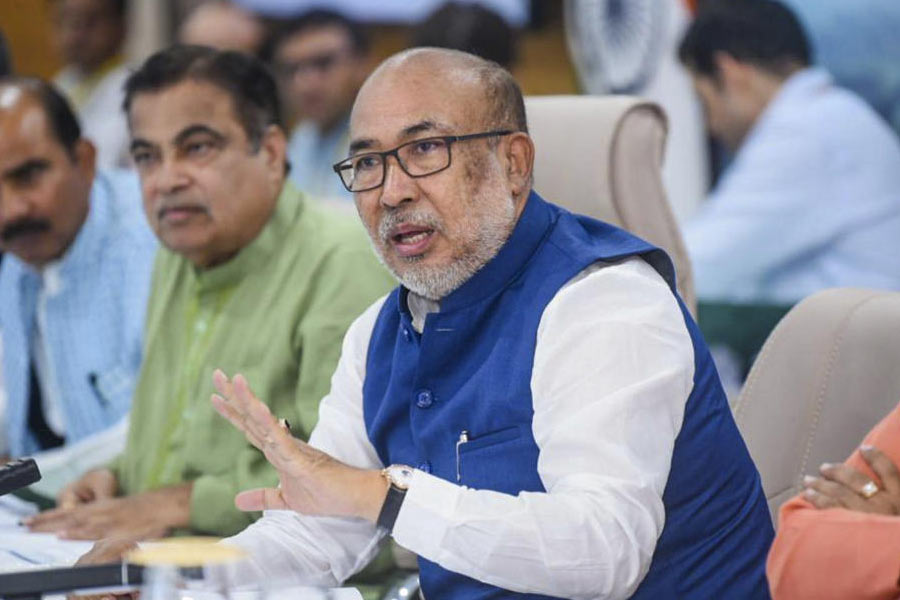India’s apex medical regulatory authority has asked all medical colleges to compile data on suicides and dropouts by undergraduate and postgraduate students over the past five years amid concern that ragging and overwork may have contributed to such outcomes.
The National Medical Commission (NMC) has asked colleges to submit by October 7 data on the number of students who have committed suicide or left the institution, and details of the working hours and weekly off given to postgraduate students, also called resident doctors.
An anti-ragging committee constituted by the NMC and chaired by Dr Aruna Vanikar, president of the undergraduate medical education board, had at a meeting last week reviewed ragging complaints received from medical students and their parents.
The committee has expressed concern about suicides and suicidal tendencies among medical students.
“In many cases, the incidents of suicide have been linked to ragging,” the
NMC said in a letter sent to medical colleges across the country.
A study last year had documented 358 suicides — 125 by undergraduate students, 105 by postgraduate students and 128 by doctors — in India’s medical colleges over the 10-year period from 2010-19. Workplace harassment accounted for about 20 per cent of suicides among postgraduate students.
Academic stress accounted for 45 per cent of the suicides among undergraduate students and 23 per cent of the suicides among residents, according to the study by doctors from the Kalpana Chawla Government Medical College, Karnal, Haryana.
The NMC has received complaints from postgraduate medical students that they are under “stress and depression” because of “long working hours, no weekly off,” and leave denied even in personal emergencies.
The NMC’s postgraduate medical education board had discussed such grievances earlier this year and written to medical colleges on August 10 to ensure the mental health and well-being of postgraduate students through adequate rest, weekly offs, and counselling for those under stress.
The August 10 letter had “zero impact” on residents’ working conditions, said a resident doctor at a Mumbai medical college. Some residents say they sometimes need to work two or three days at a stretch and have become used to sleeping just three or four hours during periods of rest.
A 2018 survey of 462 resident doctors in Ahmedabad had indicated that postgraduate medical students had higher-than-population-average levels of depression (27 per cent), anxiety (36 per cent) and stress (24 per cent). A national mental health survey had in 2015-16 indicated that 5 per cent Indians suffer from depression.
Several doctors had cautioned in the past that stress among resident doctors could translate into compromised care of patients.










